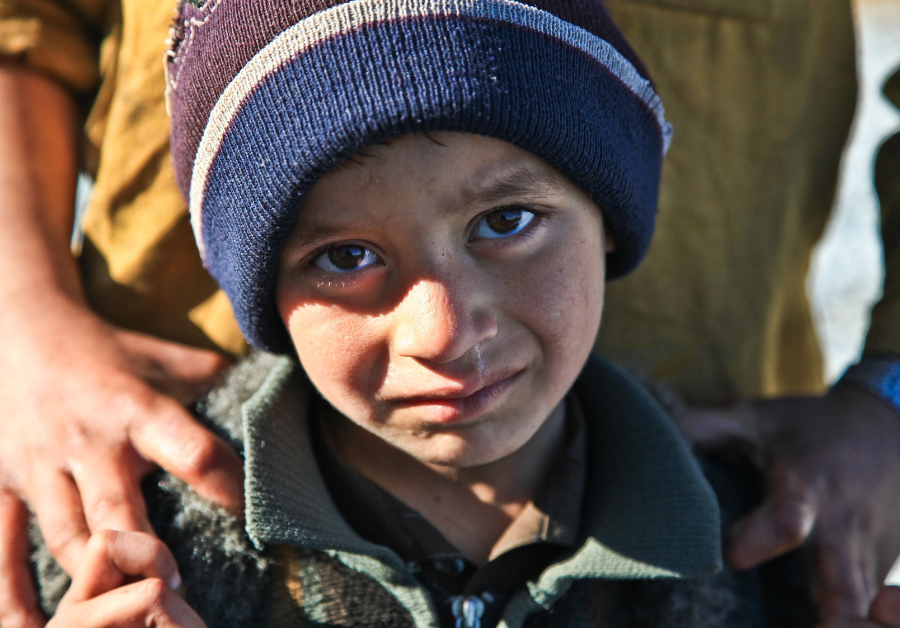I went to visit a longtime friend with whom I had shared parish activities it was 1977, he a young Missionary of Consolata. After the pleasantries we immediately became as intimate as if we had parted the day before, and we recounted so many years of our lives he had become a Bishop and I a family man. We looked at each other noting the wrinkles on our faces of the time that had passed but both of us fraternal friends, like the moments of youth we had lived in that faith that had united us still shone especially in his blue eyes. We conversed a lot about different topics…then at one point he said to me, “What happens today with the many means of communication that we have, we actually understand each other even less than when people were illiterate with respect to written languages, but they knew the language of mutual desire to understand each other, when this happens in matters of faith any division, it counts for nothing. Inspite of all this communication, we are not capable of dialogue of listening to each other. To listen to each other is the most poetic act that man can perform when he feels that he needs the other. And what we believe in, it is not a static icon, but everything we assume by faith is constantly evolving and then I ask myself: is there …? But do I have faith? Is that faith I had yesterday is the same or more today or is it fading or a habit? Despite endless contrarieties I see the human soul in constant change those who see it static mortify it because our essence is to be moment by moment believer and non-believer because this movement makes you grow change improve …” – Then she stops short and says to me – “Shall we drink a good red like the old days?” – I answer her but empty stomach and he – “Well then make a carbonara do you still make it?” – Ten minutes, the time it took to cook the pasta and we were at the table baking the rigatoni in the cream of the egg and pecorino cheese that enveloped them as if in an embrace, completing our talk about our faith …watered from time to time by that red…faith and food or food and faith what a combination…try it. It seems to me that there was someone else who used wine … you know how much priests talk let alone a bishop, and off went his gunslinging:
“In order to share the coordinates of one’s charism, one needs a deep personal experience; one cannot speak about something one does not live with clarity. Clarity comes from a capacity for discernment and acceptance of a gift and a maturation of it through concrete situations, lived with attention and a desire to seek. Otherwise, it is not possible to actualize a charism according to the needs and stimulus of today or to speak about it by summarizing the essential elements. There is no need to use so many words to describe ‘common places,’ that is, what one remembers hearing.” – He was a river in flood and the carbonara increased the intensity and the sip of wine taken after the bite cleansed the palate by enhancing the flavors and immediately resumed – “So I was saying … One is not first of all priests, parish priests or whatever … you know”-I nodded and toasted with him – “First of all one is a religious with a specific charism, with which one lives one’s ministry and service in a particular way. Otherwise … what is the difference between one spirituality and another? The search for the Face of God, in prayer and mission is also a search for what the charism has to offer to complete the image of Christ in the Church; each, each spirituality draws a trait.” – I stopped him and asked him if I could repeat his reflection to other congregations because I felt his saying was an authentic help to all. It was Communication with a capital C. And immediately he resumed saying – “What is the trait of the Missionary of Consolata, the Dominican, the Brigidine Canossian, the Trinitarian, the Camillian … the Bocconist? Translated through my life, not just quoting the writings of the Founder and trying to describe his nature even poetically. The Founder gave the orientation based on a gift of the Spirit accepted and “put into play”; but all others have their part in looking at the Founder and grasping the new promptings of the Spirit by putting them into play, in the groove of tradition but with the necessary spiritual movement. One cannot stop at the experience of a Founder, who lived in the 19th century-we are in the 21st. Charismatic content outlines a loom; today, on that loom, what has been woven more than then? Rather than using a thousand words to say that the Missionary Servant of the Poor imitates Jesus and serves him in all the poor and puts himself in service like Blessed James Cusmano, perhaps fewer words would suffice and more heartfelt and lived words that answer the questions that are asked personally, for example; what attracted me to the charism? How do I live it? What do I think is useful to convey today? With what language? For everyone the same or do I need to be able to communicate with everyone? This is also obedience, poverty, chastity, charity…. No possession, no “convenient” scheme worked out by others, no insane autonomy, but attunement in the congregation to the signs of the times, no lack given by superficiality, but commitment that also involves risk. We do not need photocopies of founders, but sons of founders, who know how to carry the baton in a race that never ends. And if someone were to ask today’s seminarians; what is the difference between a Franciscan and a Bocconite? And between a lay person engaged in social works who does not belong to any spirituality and a lay person associated with a congregation, what is the difference? Between a diocesan pastor and a Carmelite pastor? The activities are always the same; in many parishes they help the poor in a structured way and train lay people in service. What changes for the Missionary Servants of the Poor? Something certainly, otherwise, what would be the use of so many charisms if the sensitivities and services are the same? This is not answered by the Pope or the Magisterium; it is answered by the religious… the charismatic gift the Lord has given to them, the Church recognizes and confirms it, but the work of discovery and actualization is up to the Orders and Congregations… to all the members who compose them and who, praying, find continuous illumination in the initiatives that characterize them. Not that they make them original and outstanding protagonists, but authentic witnesses of a specific and irreplaceable gift. At least as long as the Lord deems it useful for his Church.” – I concluded by saying amen and we burst out laughing… It was getting very late and we decided to go to rest. On the way home I thought back to his dense words full of truth and I found his reflection brilliant. He is a man of God who lives among his people and knows the difficulties by helping them as he can but above all by listening with their hearts, because he loves his mission he loves his woman the “Diocese.”
I had experienced a moment of grace something that awakened me wondering … that’s why I love carbonara!!!
Massimo Ilardo







